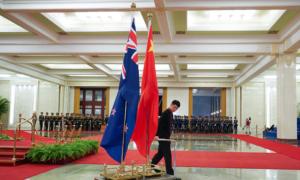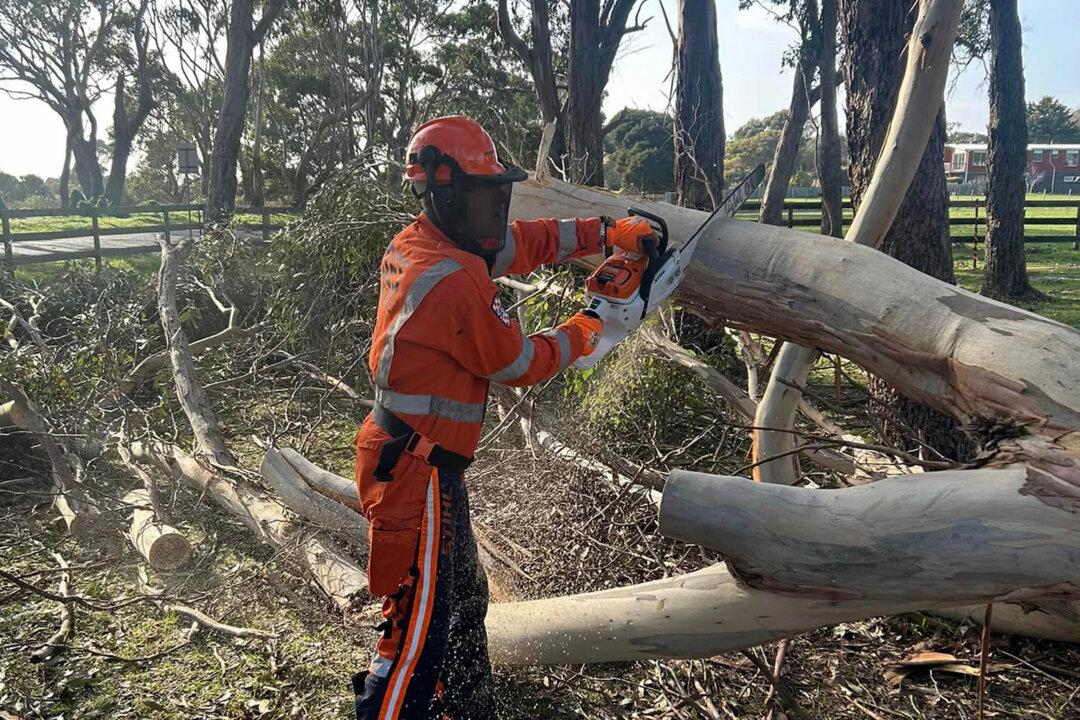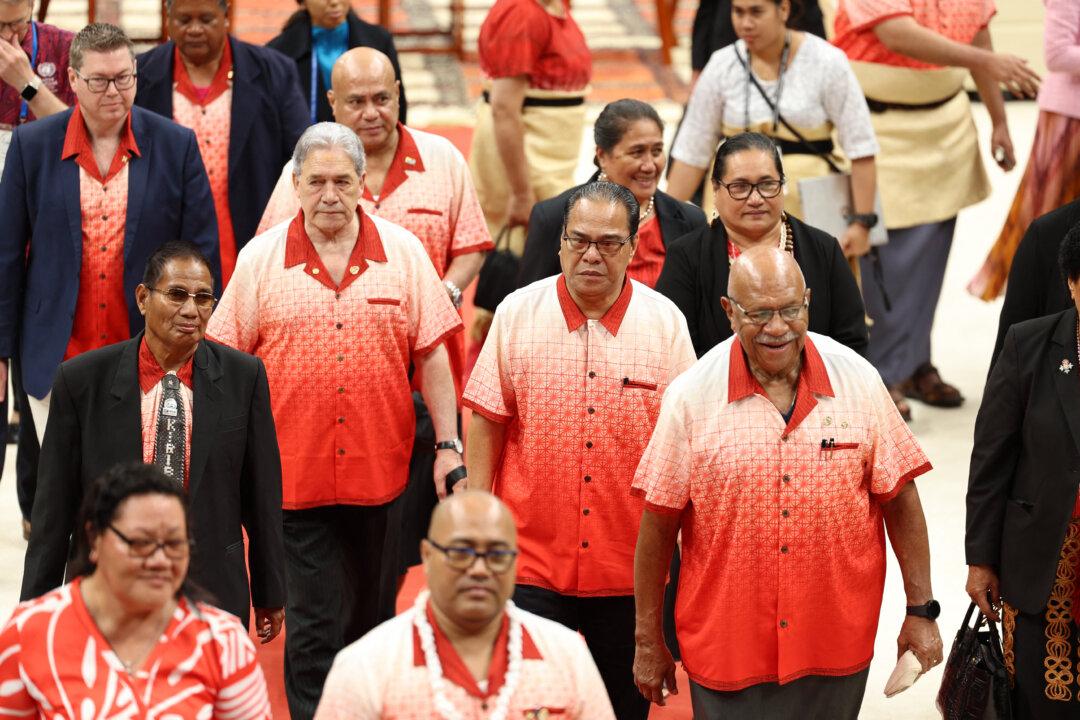According to a new report from the country’s Security Intelligence Service (SIS), disgruntled government employees or other New Zealanders in need of extra cash pose the biggest threat to national security. It’s only the second such report released by the agency.
Director-General of Security Andrew Hampton said that while last year’s was a significant step in raising awareness, this year’s edition goes even further.
“Recent tragic events have reminded us that our national security can suddenly appear fragile,” it says.
It notes that is felt unevenly across New Zealand’s communities.
CCP of Concern
The level of foreign interference activity remains a concern, “limiting the ability of some New Zealanders to access the freedoms and protections our democracy offers,” the SIS says. “Persistent foreign interference has the potential to harm our ability to act in our own best interests as an independent nation.”It also attributes such activity to “a small number of illiberal foreign states” and cites China as “a complex intelligence concern in New Zealand.” However, it also notes that “there are other states that undertake malicious activity here as well.”
Beijing carries out foreign interference activities against New Zealand’s diverse Chinese communities.
“The NZSIS has seen attempts to use complex and deceptive front organisations to connect with groups in New Zealand and replace authentic and diverse community views with those approved by the [CCP],” the report says.
“These front organisations will often appear to be community-based, claiming to represent an issue or a group of people, but their true affiliation, direction and funding sources are hidden.
“Community members may join ... for legitimate personal reasons or to meet community expectations and may not know they are taking part in activities considered foreign interference.”
The private sector is also a target, and not always for the purpose of intellectual property theft. The report includes a case study in which New Zealand organisations were approached by a few foreign entities seeking to develop space infrastructure.
“These entities often claim the infrastructure will be used for civilian research purposes, but it was subsequently found in each case that what was proposed could have assisted foreign military activity that could have harmed New Zealand’s interests,” the SIS reveals.
“The intelligence arm of the [CCP] is well-known for using professional social networking sites to identify unwitting candidates, including New Zealanders,” the report warns.
Infiltration of Student Groups
Infiltration and influencing groups of foreign student groups at universities are continuing. The foreign agents responsible try to ensure that those elected to leadership positions in student organisations are politically loyal to the foreign state.Similarly, foreign language media outlets are being used to attempt to influence New Zealand’s information environment.
Another case study alleges that a New Zealand-based Chinese-language news outlet “is almost certainly responsive to [CCP] direction and repeats approved talking points in New Zealand. Its publisher has attended PRC-organised media forums and signed content-sharing agreements with organisations that also conform to the narrative.
“The news outlet routinely republishes material from sources that are directly or indirectly controlled by the [CCP].”
While attempts to penetrate national government structures are well understood, the SIS cautions that local governments should not be complacent about the risks they face, saying they are seen as “a prime target for ‘influence building.’
“They are attractive due to their extensive authority over valuable strategic resources and critical national infrastructure ... [and] also attract interest since they own controlling stakes in all of New Zealand’s ports, and exercise control over the use of public spaces, such as for organised protests or events.”
The report also mentions a case study where a foreign state attempted to pressure a local council by “offering to help fund a community event if they agreed to restrict the participation of a particular religious group.”
From Online to Real-World Extremism
Also of concern is the fact that increasing numbers of young people are being exposed to violent extremist content and joining online and real-world groups, which then make them a part of the security agency’s investigative focus.Levels of what the SIS calls “identity-motivated violent extremism” remain consistent, but the agency says it is seeing more engagement in “faith-motivated violent extremist narratives.”
The Greatest Current Risk
Regarding the external security environment, the SIS notes “differing notions of nationalism, various levels of commitment to liberal rights, and an increase in authoritarian tendencies” across the Indo-Pacific region.But it is what the SIS calls “insider threats” that poses the greatest likelihood of the country suffering damage from “acts of espionage, unauthorised disclosure of information, the loss or degradation of a resource or capability, or in extreme cases—an act of terrorism.”
It says there have been a number of cases where it has worked with government agencies to “prevent, mitigate, and respond to actual or potential insider threats,” which could be motivated by “a combination of pressures and vulnerabilities [including] disgruntlement, grievance, ambition, financial motivation, complacency, or naivety.”
It adds that “research shows that during difficult economic times, insiders can be more susceptible to these types of tactics.”
However, the security agency says New Zealand’s terrorism threat remains low, as it has been since November 2022.
“That means an attack is a realistic possibility,” it says.
Releasing the report, the director-general of security told the media that since last year, there has been “a deterioration in the global threat environment, which may well impact the New Zealand situation.”
But the NZ SIS was only concerned about a small number of New Zealanders who were subject to investigation and who the agency knew “had the intent and capability to undertake a violent act,” Hampton said.






